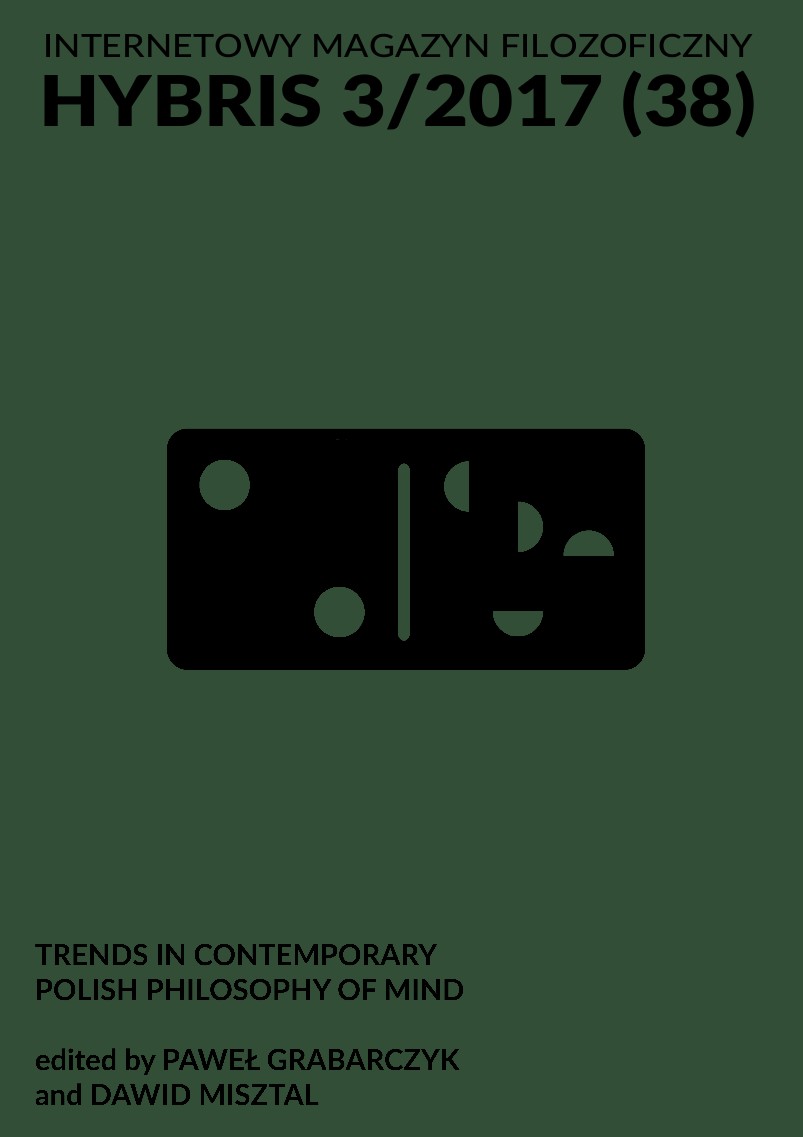Language
Make a Submission
cope
Keywords
Most read
-
265
-
209
-
178
-
151
-
130
Internetowy Magazyn Filozoficzny HYBRIS
e-ISSN: 1689-4286
Publisher: Lodz University Press
ul. Jana Matejki 34 A., postal code: 90-237, town: Łódź
Tel.: 42 235 01 65, fax: 42 66 55 86
Publisher's office: journals@uni.lodz.pl


